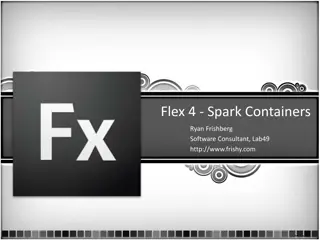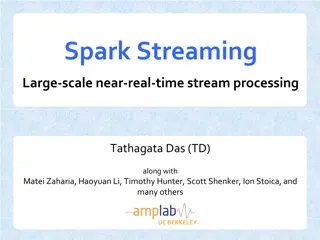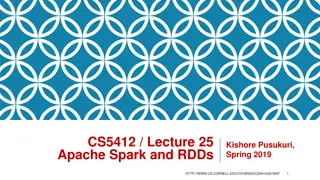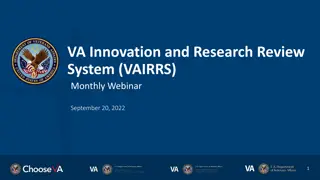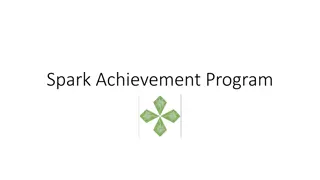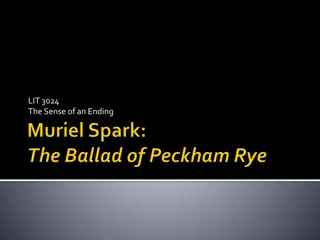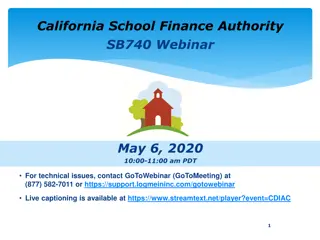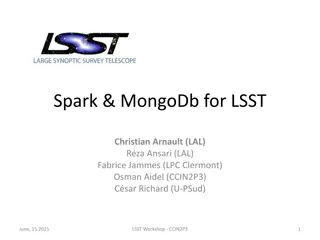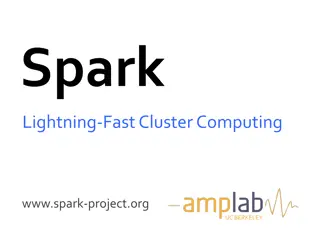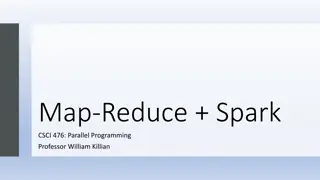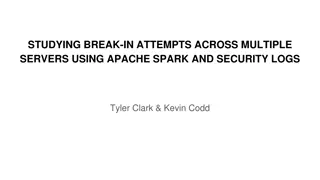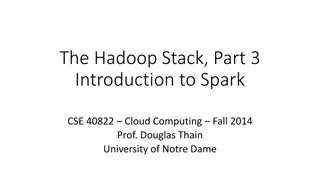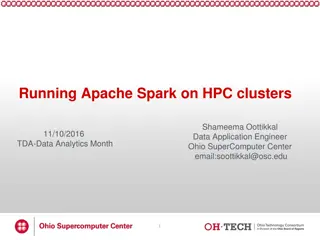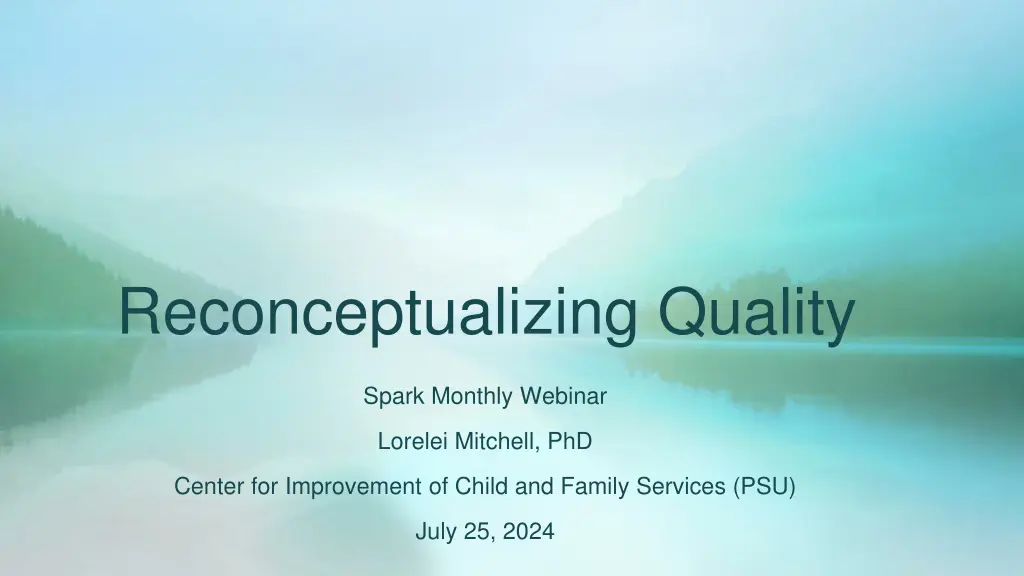
Unlocking Insights on Early Childhood Education Quality and Systems
Explore the revelations from a comprehensive research study on Early Childhood Education quality, highlighting the need for systemic change, recognition of family perspectives, and a nuanced approach to the science of ECE. Delve into discussions on addressing transitional challenges and moving towards equitable and effective systems.
Download Presentation

Please find below an Image/Link to download the presentation.
The content on the website is provided AS IS for your information and personal use only. It may not be sold, licensed, or shared on other websites without obtaining consent from the author. If you encounter any issues during the download, it is possible that the publisher has removed the file from their server.
You are allowed to download the files provided on this website for personal or commercial use, subject to the condition that they are used lawfully. All files are the property of their respective owners.
The content on the website is provided AS IS for your information and personal use only. It may not be sold, licensed, or shared on other websites without obtaining consent from the author.
E N D
Presentation Transcript
Reconceptualizing Quality Spark Monthly Webinar Lorelei Mitchell, PhD Center for Improvement of Child and Family Services (PSU) July 25, 2024
Appreciation Tremendous respect and admiration for all your work Supporting quality in the real world is HARD Working within significant constraints and nuanced situations Privilege to be invited to your conversation thank you!
What do I hope to offer today? Possible validation and permission from a research perspective for some things you may already be thinking! Some myth-busting Could be both reassuring and/or unsettling No judgment here!
Background on the RQ study Federal $ for research re: professional development for diverse providers/educators Diverse providers/educators: providers of color, rural/frontier, lower- income, linguistically diverse, immigrant, LGBTQ, etc. Opportunity to address longstanding concerns from educators and families
What did we ask? What does the system currently look like? How s it working? How is quality currently defined? What can families and educators teach the system about quality? What are other states doing? What s the national picture? How can we move toward more equitable and effective systems?
What did we do? Year-long process Extensive literature review In-depth interviews Informal conversations with a variety of system partners Meaning-making retreat with diverse educators Review of and feedback on drafts
What did we hear? A LOT of folks in OR and the US are talking about ECE quality! General agreement that real change is needed Excitement and hope for a new system along with some confusion and anxiety Typical for any transitional time
What did we learn from our research review? QRIS have failed at a system level Families perspectives have been largely ignored or discredited The science of ECE has been oversimplified and oversold
QRIS have failed at a system level Although many individual providers have no doubt benefited ...In research studies, star ratings do not: Tell us about meaningful differences between programs Tell us how children do later down the line Most providers/educators don t choose to participate Very few families use or are even able to use star ratings May even perpetuate some inequities None of this means that you all aren t working hard and doing a great job supporting early educators!!
Families perspectives have been largely ignored Particularly minoritized families perspectives Told by experts what they should want Families rarely approach child care as a consumer decision Safety (physical and emotional), authentic welcome, respect and partnership is paramount Specific curricula or overfocus on academics is low priority Overwhelming shortage of child care how much choice is there?
The science of early childhood has been oversold There truly is no clear research that tells us one right way Existing research has some serious problems Assumption of universalism Very limited understanding of the brain Rooted in the factory model of education
Why does it matter? Built on dominant culture values and assumptions Pathologizes minoritized children, families and communities Disempowers families and communities in favor of experts Catastrophizes early childhood as an emergency Could be steering us in the wrong direction for policy/practice
Pause for reflection What might be useful - small group breakouts? Individual reflection time? Some possible prompts: What feelings are coming up for you? Your feelings are real and valid! There are no wrong feelings. Does any of this resonate? What else do you want to know or understand?
Sharing out What feelings are coming up for you? Does any of this resonate? What else do you want to know or understand?
Recommended strategy for reconceptualizing quality Start to dismantle problematic aspects of the current system. Partner with families and educators to co-create structures and processes that support local understandings. As possible, redirect resources ($) from the central bureaucracy toward the community. 1. 2. 3. (Without compromising basic safety protections already in place). (Knowing there may be some mandates in place that are non-negotiable for now -- but maybe not over the longer-term).
Some inspiration? Example of the Early Childhood Equity Fund Flexible dollars to local providers who know, reflect and are accountable to their communities Autonomy to customize services to local communities Deep, holistic shared commitment to children, families and community Centered around core principles, rather than standardization Would likely have broad appeal for many communities!
Principles offered by ECEF grantees Having staff and leadership who reflect and speak the languages of the communities they serve. Demonstrating accountability, starting with families and communities needs and priorities. Understanding emotional/psychological safety as a baseline condition and through line. Providing welcoming, affirming spaces that support positive identity. Centering authentic relationship at every level: co-investment in each other. Using demonstrably asset-based, collaborative approaches to support self-determination.
Principles offered by ECEF grantees Respect for families as experts on their own lives, first teachers and true classroom partners. Being holistically trauma-informed without pathologizing children, families or communities. Recognizing and being responsive to the inseparable nature of culture and language. Incorporating helpful components of mainstream understandings and approaches. Modifying less helpful components to respond to local cultures and conditions.
Reflection and sharing out What feelings are coming up for you? Does any of this resonate? What questions do you have? What ideas do you have for reconceptualizing quality?
Thank you! Please feel free to reach out for more conversation! Loreleim@pdx.edu (503) 734-0235

